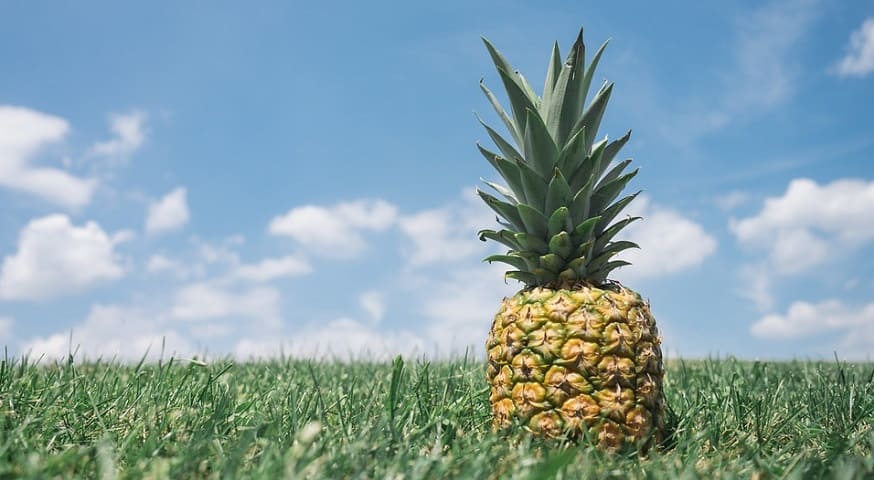The German discount supermarket chain is increasingly relying on origin labeling.
PENNY, owned by the REWE Group, is adding QR code food tracking labels to some of its store products to provide its customers with easy access to information regarding the foods’ origins. It will start with the traceability of its pineapples and organic bananas.
European consumers are increasingly purchasing foods based on their origins.
According to a study published by the European Food Safety Authority (EFSA) in June 2019, 53% of EU citizens surveyed said that knowing where their food comes from is an important part of their food-purchasing decision.
In fact, food origin turned out to be more important to the surveyed participants than the cost of food (51%), food safety (50%) or their taste preference (49%), Fresh Plaza reports.
Recognizing this trend, PENNY, which has 3,550 stores across Germany, Austria, Italy, Czech Republic, Romania, and Hungary, is implementing the QR code food tracking to provide its customers with a more extensive product and source information.
Starting Monday, all pineapples at PENNY’s will have the QR code food tracking label.
Beginning on Monday, August 19, 2019, all pineapples will have a QR code. This will be followed by Naturgut organic bananas, which will feature these quick response codes from September 9 onwards.
Scanning the code on the pineapple with their smartphones, customers will be able to access a special website that will provide them with detailed information about the plantation from which the pineapples have come as well as the plantation’s sustainability activities, awards or audits.
For instance, when a customer scans the code, he or she will learn that the pineapple supplier Tropicales del Valle of San Carlos, Costa Rica, is a family-run business.
Customers will also learn that the company is certified Rainforest Alliance, GLOBAL G.A.P and GRAPS and has voluntarily protected 150,000 square meters of rainforest on the estate.
Additionally, the plant employs 364 people, 60 of whom are women, and the company sold about 3.5 million boxes of pineapple in 2018.
The website also provides general information about PENNY’s sustainability commitment, including REWE Group Central America Fund.
“Our customers should be able to trust us and our products. With the introduction of the QR code we show that we are aware of our social and environmental responsibility in the supply chain,” said Divisional Board Member for Retail Trade REWE Group and COO PENNY, Stean Magel.
“Customers who buy pineapples and bananas from us can do so with confidence and with a clear conscience because we place great value on the selection of our partners. In doing so, we also look at its environmental and social stance.”
![]() QR code food tracking labels are not a new idea, and it won’t be surprising if more brands consider using it to provide their eco-conscious customers with the motivation they need to purchase their products.
QR code food tracking labels are not a new idea, and it won’t be surprising if more brands consider using it to provide their eco-conscious customers with the motivation they need to purchase their products.

